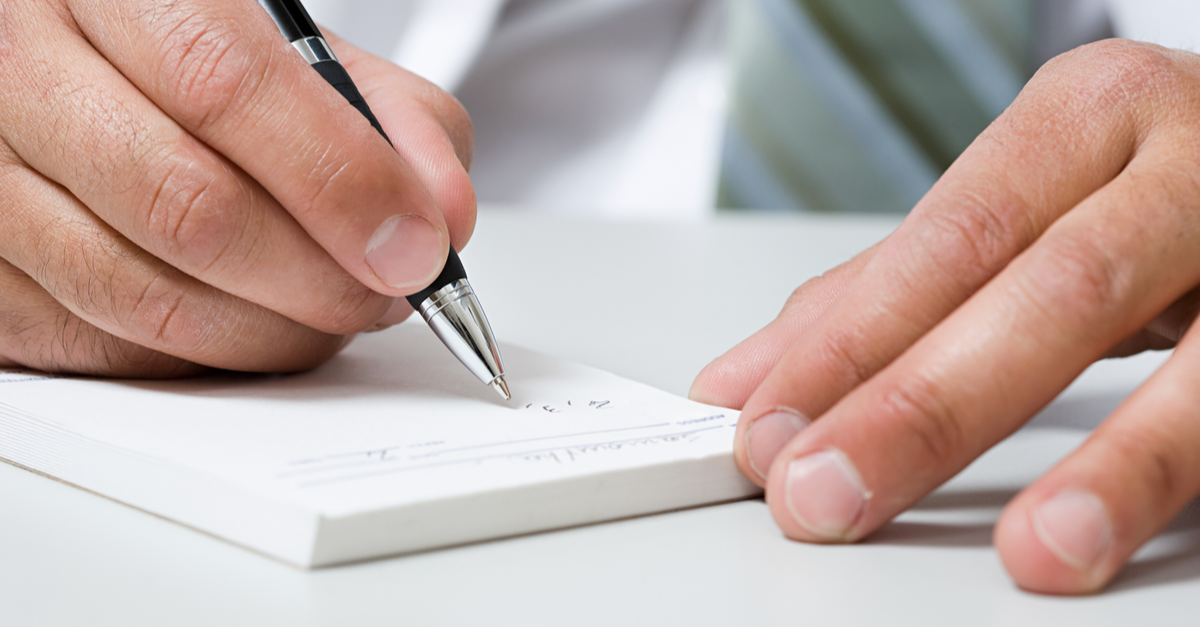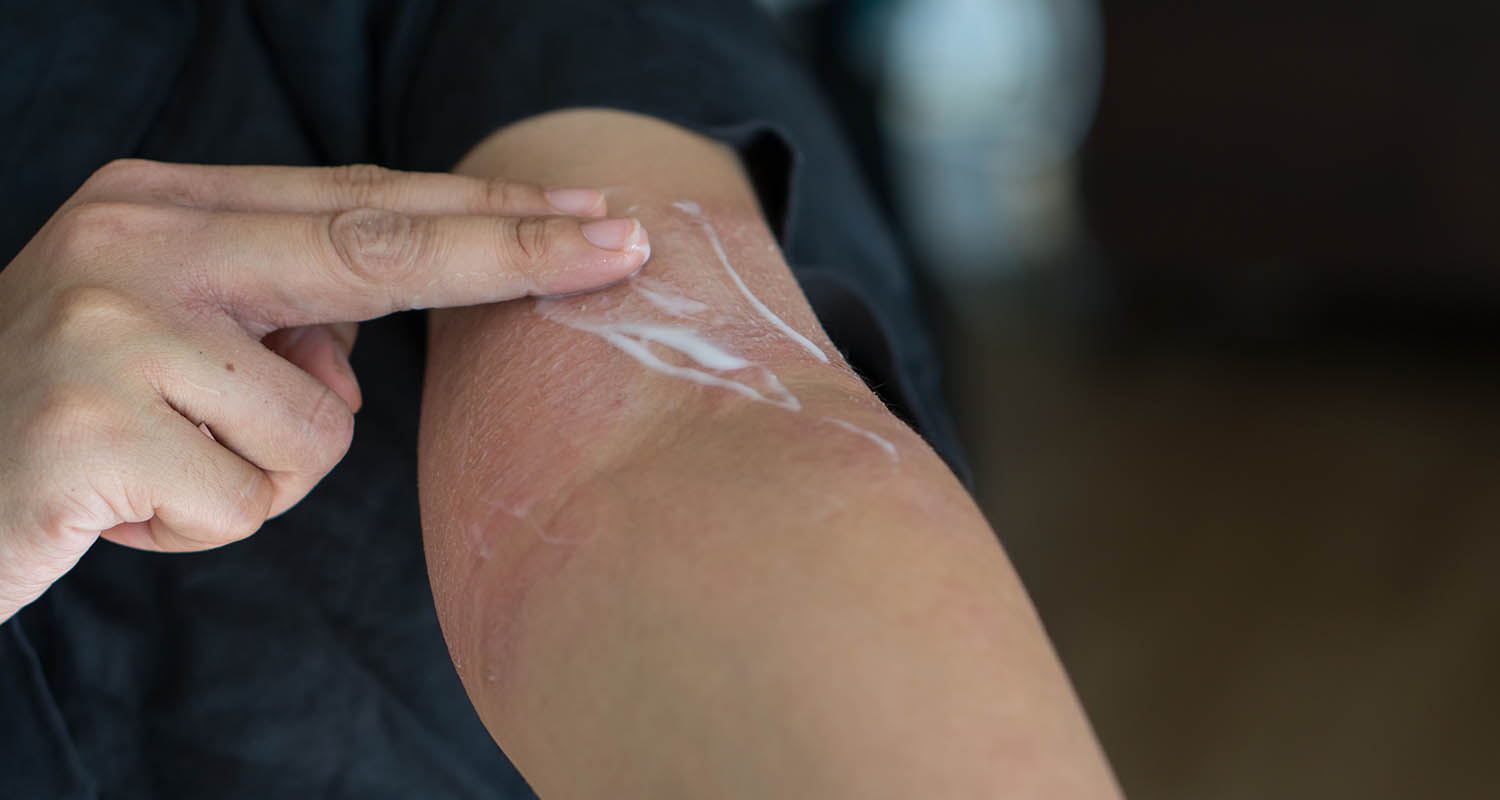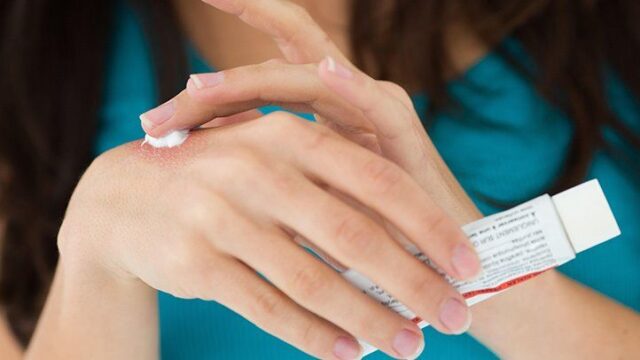Living with eczema can be a challenge, but managing it doesn’t have to be. By understanding the proper way to apply and use prescription creams, you can find relief from your eczema symptoms and lead a more comfortable life.
This article will provide you with essential information on how to make the most of your prescription cream for the effective management of your condition.
From understanding what ingredients are in the cream to tips on application, this guide will cover everything you need to know about the proper usage of your medication so that you can feel better fast!
Preparing Your Skin for Applying Prescription Cream
Before applying your prescription cream to manage eczema, it is important to prepare your skin. Cleanse the area with a gentle cleanser and warm water and then pat dry with a soft towel. Remove any jewelry or clothing that may be in contact with the affected areas of the skin as this can irritate it further.
Exfoliate carefully using an exfoliator designed for sensitive skin and rinse away thoroughly afterward. Apply a moisturizer before applying the prescription cream as this helps lock in hydration, soothe irritation, and create a barrier between the skin and any active ingredients in the product.
A moisturizer specifically formulated for those managing eczema is often best, but if you don’t have one available just choose something which contains no alcohol or fragrance-based products that could potentially cause further inflammation or irritation.
Finally, apply sunscreen every morning before applying your medication – even on days when you won’t be outdoors – since many treatments used to manage eczema can make your skin more vulnerable to sun damage due to their effects on natural oils within our body’s protective barriers against UV radiation.
Understanding the Directions on Your Prescription Cream

When it comes to managing eczema, understanding the directions for your prescription cream is essential. Knowing how much of your prescribed cream you should use and when are key factors in effectively treating your condition. It’s important to know both the recommended dosage as well as any warnings that may be associated with using the product.
- To ensure that you fully understand how best to apply and use your prescription cream, we have outlined a few steps below:
- Read all instructions carefully before beginning treatment – this includes looking at potential side effects or adverse reactions associated with using the product.
- Make sure you understand what type of skin application is needed – some creams require more frequent applications while others should only be used once daily.
- Follow up with your physician if there are any questions about usage – speaking directly to a medical professional can help clarify any confusion about applying or taking medication for eczema-related issues.
By remembering these three steps and following them closely, you can make sure that you get the most out of your prescribed cream and take control over managing eczema symptoms successfully!
How to Apply and Use Your Prescription Cream Correctly
Applying and using your prescription cream correctly is important for managing eczema. It’s essential to follow the instructions given by your doctor or pharmacist carefully when applying and using any topical medications, as this will ensure that you get the most out of them. Here are some tips for doing so:
- Clean the area before application – Before applying your cream, make sure you cleanse the area properly with a mild cleanser such as Cetaphil or Aquanil. This will help keep bacteria from getting into your skin barrier and further irritating it.
- Don’t over-apply – Applying too much topical medication can cause more harm than good by making skin overly dry, irritated, or even infected in some cases. Use only enough to cover the affected area lightly but completely with an even layer of cream or ointment.
- Read side effects labels – Be aware of any possible side effects associated with any medication prescribed to treat eczema symptoms and always read labels carefully before use to avoid potential allergic reactions or other adverse effects on health due to incorrect usage (or misuse) of drugs/medication products meant for treating eczema conditions specifically related symptomatically via their active ingredients contained therein per drug package labeling information sources provided by manufacturers/distributors).
- Wear gloves when necessary – If you are going to be handling something after having applied medication, it is best practice to wear protective gloves in order not to contaminate anything else with remnants from its application process that may remain present upon hands/fingers directly following said procedure(s).
- Talk to your doctor about any questions – Don’t hesitate if there is something about how you should apply and use your prescription cream that you don’t understand—talk directly with your doctor about all questions concerning application protocol as well as what might constitute appropriate dosages tailored precisely towards individual patient needs to be based upon one’s unique set of circumstances surrounding same relative thereto without fail!
Common Side Effects of Using a Prescription Eczema Cream

When using a prescription cream to treat eczema, it is important to be aware of common side effects. In some cases, the cream may cause skin irritation or burning sensations. Other potential side effects include redness, scaling, itching, and dryness.
It is also possible for an allergic reaction to occur after applying the cream. Symptoms of an allergy can include hives, swelling, or difficulty breathing. If any serious reaction occurs while using the cream, it should be stopped immediately and medical attention sought out right away.
While these are all potential side effects that could occur when using a prescription eczema cream, they do not always happen and in most cases, the medication will help improve skin condition with minimal risk involved.




